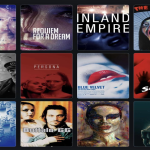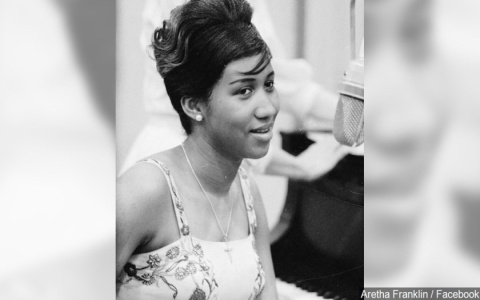Take Me to the River is a compelling drama that delves into the complexities of family relationships, secrets, and the impact of past events on the present. At the heart of the film is the theme of chicken fighting, a metaphor for the power struggles and conflicts that can arise within families and communities.
Set in a small town along the Mississippi River, the movie follows the story of the Johnson family, who come together for a reunion after the death of their patriarch. As old wounds resurface and long-buried secrets are revealed, tensions run high among the family members. The symbolic chicken fighting serves as a powerful allegory for the inner battles and conflicts that have defined their relationships over the years.
The term "chicken fighting" originates from the dangerous and often illegal activity of staging fights between roosters, with spectators placing bets on the outcome. In the context of the film, chicken fighting symbolizes the confrontations and power struggles that manifest among the characters as they grapple with their past traumas and current grievances.

The character of Sarah, the eldest daughter of the Johnson family, embodies the spirit of chicken fighting in her relentless quest for the truth about her family’s history. Through her determined efforts to uncover the buried secrets of the past, Sarah confronts the unresolved conflicts that have torn her family apart. Her courage and resilience in the face of adversity mirror the tenacity of a fighter in a chicken fight, unwilling to back down until she emerges victorious.
As the narrative unfolds, the audience is drawn into a web of deception, betrayal, and redemption, mirroring the unpredictable twists and turns of a chicken fight. The film skillfully weaves together themes of forgiveness, acceptance, and the enduring bonds of family, culminating in a poignant exploration of the resilience of the human spirit.
In conclusion, Take Me to the River masterfully uses the metaphor of chicken fighting to illuminate the complexities of family dynamics and the enduring power of love and forgiveness. Through its captivating storytelling and nuanced character development, the film invites audiences to reflect on their own experiences of conflict and reconciliation, making it a thought-provoking and emotionally resonant cinematic experience.










